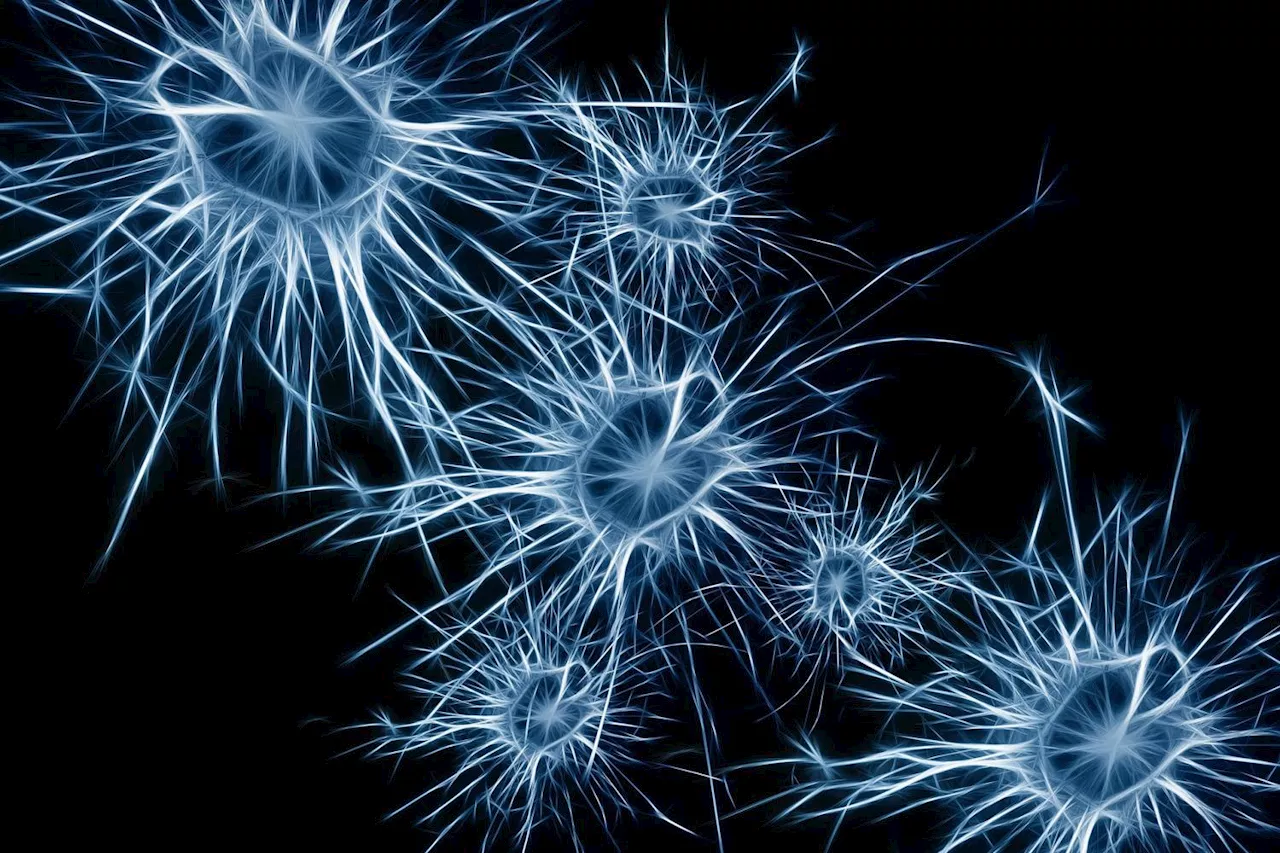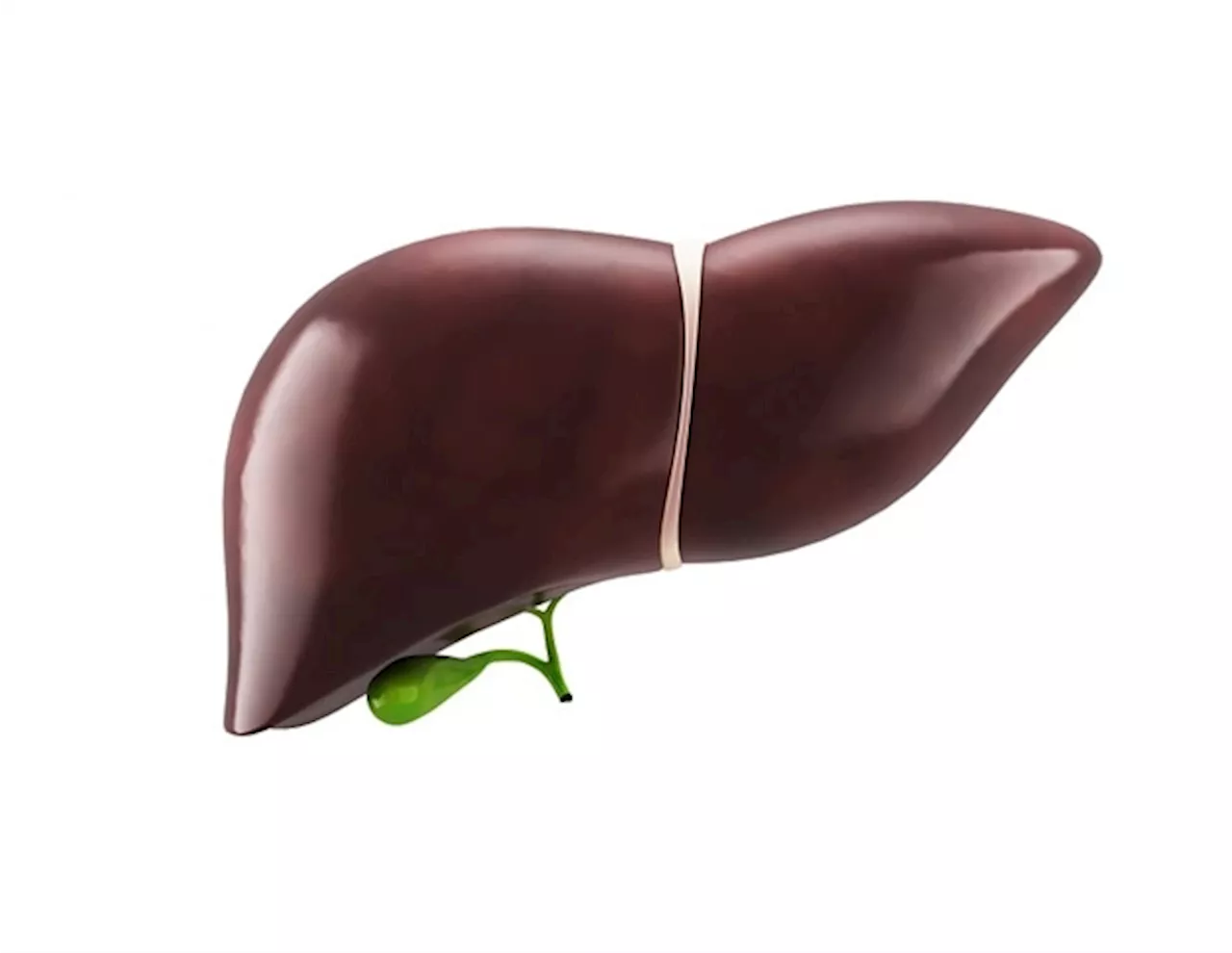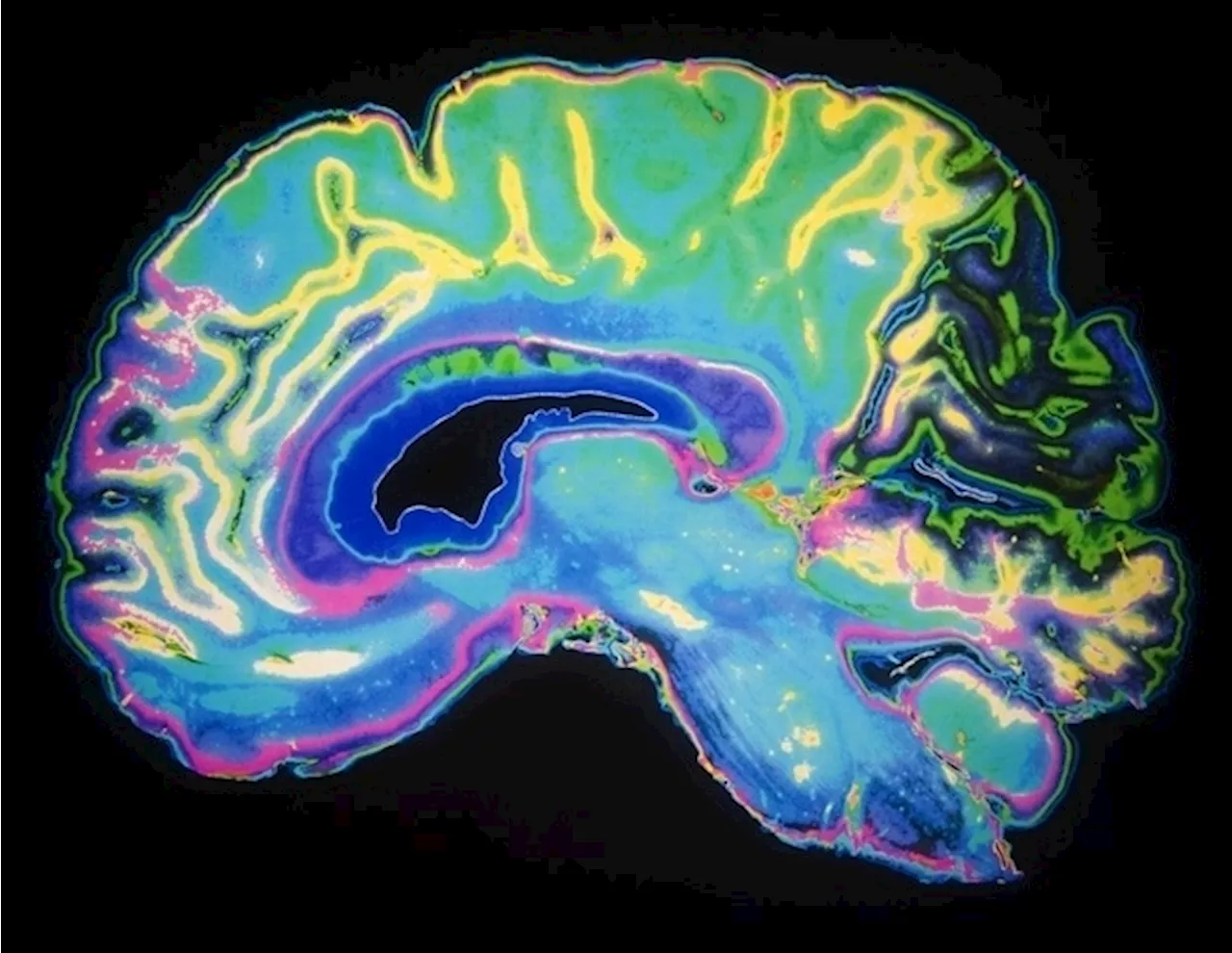People eat either because they are hungry or for pleasure, even in the absence of hunger. While hunger-driven eating is fundamental for survival, pleasure-driven feeding may accelerate the onset of obesity and associated metabolic disorders.
Baylor College of Medicine Aug 9 2024 A study published in Nature Metabolism reveals neural circuits in the mouse brain that promote hunger-driven feeding and suppress pleasure-driven eating. The findings open new possibilities for developing strategies to combat obesity.
Previous studies have highlighted the role of neurons identified by the GABAergic proenkephalin marker, an endogenous opioid hormone, on feeding and body weight balance. However, their contribution to regulating hunger- and pleasure-driven feeding had not been elucidated. The researchers investigated the mechanism mediating these opposite effects. They discovered that DBB-Penk neurons project into two different brain areas, one regulates hunger-driven feeding and the other controls pleasure-driven eating.
Children Hospital Hypothalamus Medicine Metabolic Disorders Metabolism Neurons Nutrition Obesity Pediatrics Research
United Kingdom Latest News, United Kingdom Headlines
Similar News:You can also read news stories similar to this one that we have collected from other news sources.
 Study suggests lower dementia risk for people with Parkinson'sThere's some good news for people with Parkinson's disease: The risk of developing dementia may be lower than previously thought, or dementia may occur later in the course of the disease than previously reported, according to a study published in the August 7, 2024, online issue of Neurology, the medical journal of the American Academy of...
Study suggests lower dementia risk for people with Parkinson'sThere's some good news for people with Parkinson's disease: The risk of developing dementia may be lower than previously thought, or dementia may occur later in the course of the disease than previously reported, according to a study published in the August 7, 2024, online issue of Neurology, the medical journal of the American Academy of...
Read more »
 Mouth and dental care for people with dementia often overlooked, study findsAn England-wide study has found the health of people's mouths and teeth is often overlooked by home care services.
Mouth and dental care for people with dementia often overlooked, study findsAn England-wide study has found the health of people's mouths and teeth is often overlooked by home care services.
Read more »
 Study highlights barriers to exercise for people with disabilitiesAn estimated 16% of people worldwide live with a significant disability that impacts their daily life. Of this population, only about 40% engage in aerobic activity.
Study highlights barriers to exercise for people with disabilitiesAn estimated 16% of people worldwide live with a significant disability that impacts their daily life. Of this population, only about 40% engage in aerobic activity.
Read more »
 Study uncovers unique brain plasticity in people born blindA study led by Georgetown University neuroscientists reveals that the part of the brain that receives and processes visual information in sighted people develops a unique connectivity pattern in people born blind. They say this pattern in the primary visual cortex is unique to each person—akin to a fingerprint.
Study uncovers unique brain plasticity in people born blindA study led by Georgetown University neuroscientists reveals that the part of the brain that receives and processes visual information in sighted people develops a unique connectivity pattern in people born blind. They say this pattern in the primary visual cortex is unique to each person—akin to a fingerprint.
Read more »
 Study finds genetic variant among people who experience a rare recovery from ALSThough it is exceedingly rare, some people diagnosed with amyotrophic lateral sclerosis (ALS) partially or fully recover from the lethal neurodegenerative disease.
Study finds genetic variant among people who experience a rare recovery from ALSThough it is exceedingly rare, some people diagnosed with amyotrophic lateral sclerosis (ALS) partially or fully recover from the lethal neurodegenerative disease.
Read more »
 Study reveals link between illicit fentanyl use and HCV transmission among people who inject drugsAn international team of researchers from University of California San Diego and el Colegio de la Frontera Norte in Mexico have revealed a significant association between the use of illicit fentanyl and the transmission of hepatitis C virus (HCV) among people who inject drugs in San Diego, California and Tijuana, Mexico.
Study reveals link between illicit fentanyl use and HCV transmission among people who inject drugsAn international team of researchers from University of California San Diego and el Colegio de la Frontera Norte in Mexico have revealed a significant association between the use of illicit fentanyl and the transmission of hepatitis C virus (HCV) among people who inject drugs in San Diego, California and Tijuana, Mexico.
Read more »
